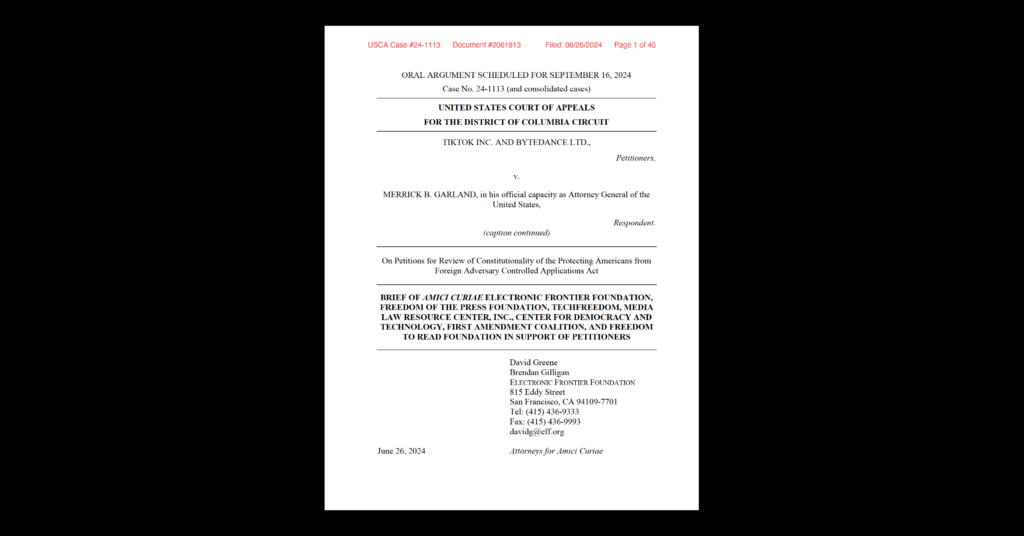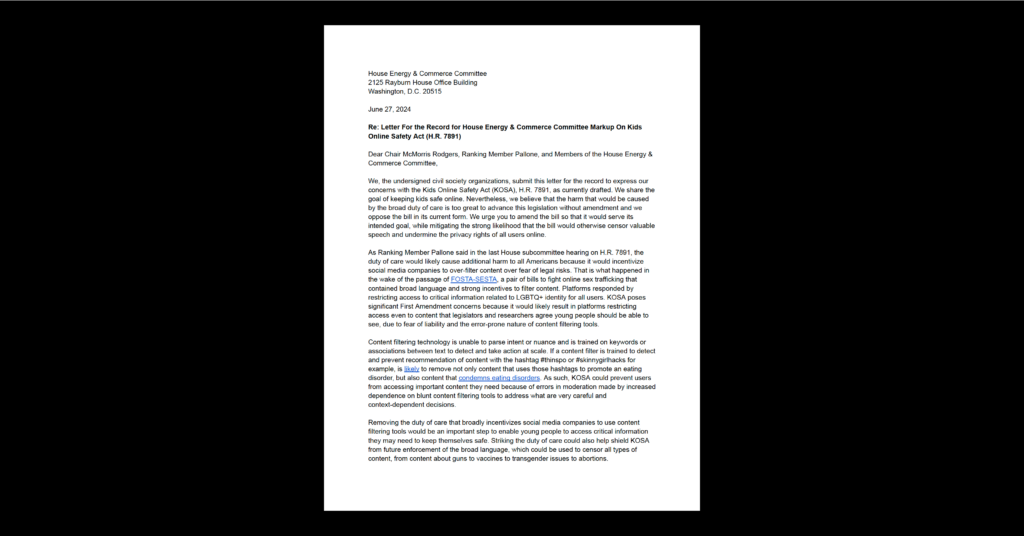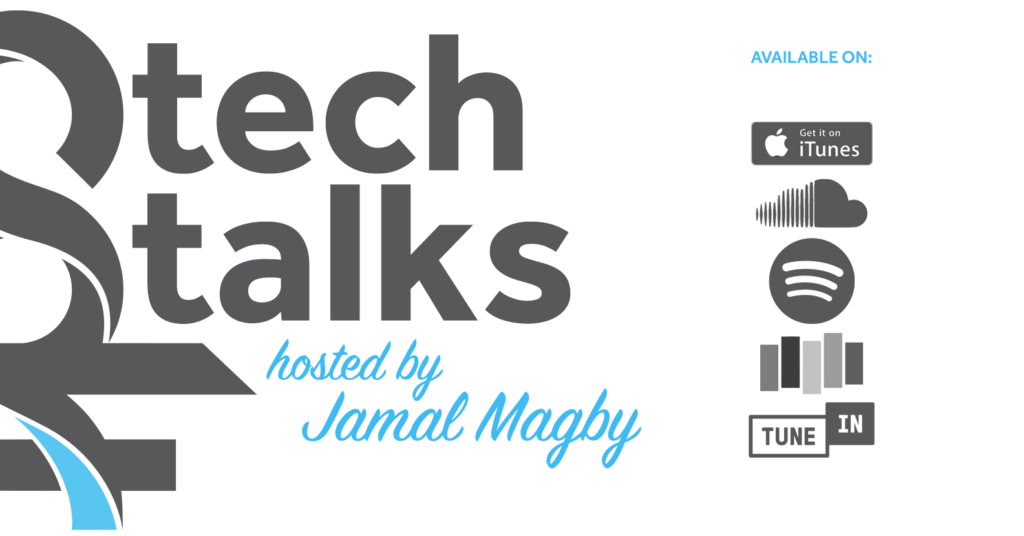Free Expression, Government Surveillance
Russians Need the Internet Now More Than Ever
This op-ed, authored by CDT CEO Alexandra Reeve Givens, first appeared in Barron’s on March 17, 2022.
***
Over the past few weeks, governments and businesses around the world have rightly cut ties to Russia. Sanctions are a critical tool to pressure the Kremlin and denounce Putin’s unprovoked aggression, but all sanctions are not alike. Unlike shutting U.S. franchises in Moscow or halting trade in luxury goods, cutting off the Russian people’s access to the internet can do more harm than good. Indeed, such measures play right into Putin’s hands, strengthening his control over the news that Russians can access and stifling individuals attempting to organize against the war.
In recent days, Putin has strengthened his crackdown on free speech and furthered his long-sought goal to control how Russia’s internet connects with the rest of the world. Russia has now blocked access to Facebook, Twitter, and Instagram, each with tens of millions of Russian users, as well as news outlets such as the BBC. Russia’s new law against “knowingly disseminating false information” has forced independent news outlets to leave Russia for fear of exposing their staff to arrest. Meanwhile, thousands of Russian citizens have been arrested for protesting the war.
As global companies navigate these complex waters, some communications companies have pulled out of Russia altogether, and the Ukrainian government has called for the organizations that support the internet’s infrastructure to cut off Russia from the global internet. While understandable, these calls are dangerous, and were rightly rejected. As Putin works to suppress his citizens’ access to outside information, global democracies should be working to preserve that access – not to accelerate the Kremlin’s plans.


